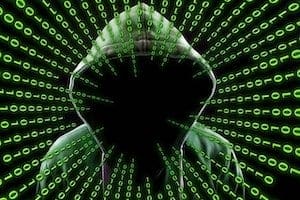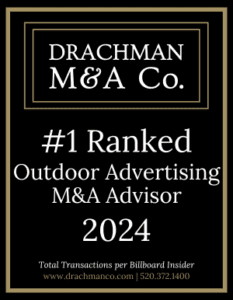 The out of home industry isn’t immune from hacking and phishing. Billboard Insider is aware of these recent attempted hacks:
The out of home industry isn’t immune from hacking and phishing. Billboard Insider is aware of these recent attempted hacks:
- An out of home company sent an out of home lender notice of a financial statement available to view via dropbox. The file was unsolicited. The out of home lender contacted the company before opening the file and learned that the file had not been sent and was malware.
- An out of home company partner received an unsolicited email from another partner asking for a change in bank account for a payroll. Neither partner was on the payroll. This was a clumsy attempt at fraud but the scary part was the company name and partner names were correct.
- An out of home company’s email was hacked and the out of home company now adds this footer to emails: “so if you get any request from our company that you are unsure of, please verify its validity! Hackers are using our correct email addresses and phone numbers.”
- A file was sent to an out of home company to be signed by Docusign. The file was not solicited or expected. The attached file was malware.
- An unsolicited text arrived saying “Hey, let’s get together for coffee.” The sender was not in the out of home executive’s contacts list. The text was a phishing attempt.
The internet allows scammers to connect the dots and attempt mischief using your out of home company’s name, employee names and logo. Some best practices for avoiding scams.
- Never, never, never, open an unsolicited file. Always check with the sender (phone call, not text, is best) to make sure they sent something before you open it.
- Never respond to an unsolicited text especially if the sender isn’t identified or in your contacts. It might be phishing. Someone who knows you will call and leave a message.
- Install an antivirus program on your computer and scan your machine at least once a week. Billboard Insider swears by BitDefender.
- You can usually see if someone is attempting to impersonate someone else by hovering your cursor over the from button in an email. Hover but don’t click! The real email address of the sender will show, not the impersonated email address.
- Make it difficult for a bot to harvest your email. Some out of home companies do not show employee email addresses on their websites but make people fill out a contact form. Other out of home companies display employee emails and phone numbers as images but do not make them clickable or scannable by a bot. The drawback of this strategy is that you are making it more difficult for potential clients to contact you.
What best practices have you found helpful to avoid email scams? Email davewestburg@billboardinsider.com and we’ll run a followup article. But don’t send an unsolicited attachment because we won’t open it.
To receive a free morning newsletter with each day’s Billboard insider articles email info@billboardinsider.com with the word “Subscribe” in the title. Our newsletter is free and we don’t sell our subscriber list.
Paid Advertisement

















